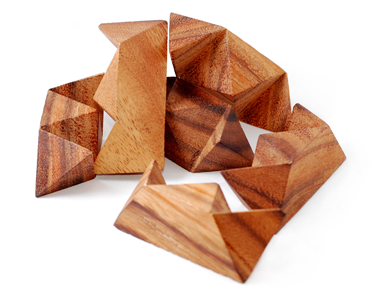Patents

PatNetPro – where our clients send their friends
A patent is a set of exclusive property rights granted for an invention, which is an innovative product, technique or process, with transformative novel features, that provide a new way of doing something or a new solution to some issue. In order to obtain a patent, a patent application must be filed, and technical information about the invention must be provided.
A patent gives the patent owner a legal right to stop competitors from copying technical innovations. There is a very wide spectrum of what may be a patentable invention – from ground-breaking new technology all the way through a tiny improvement on some existing thing. Having a patent may give you a major competitive edge over your competitors. The patent system was made to protect and promote innovation and stimulate economic growth.
By obtaining a patent, the inventor is entitled to fully exploit the commercial potential of the invention. A patent is not necessary or possible for the commercialization of all types of inventions, but for many technologies,a patent is absolutely essential in providing commercial exclusivity in exchange for significant investment in developing a product.
A patent grants an exclusive right to the owner – a right which excludes others from commercializing the invention or using it in any way without the explicit permission of the patent owner. The owner of the patent must also recognize other patents that may impact ways in which the invention is practiced.
Two important conditions for obtaining a patent are:
- The invention must be novel (not previously known),
- The invention must be non-obvious (not expected after researching prior art and conventional knowledge).
The examination of utility patent applications also determine if the claims of the invention are operable, useful, and enabled (sufficiently described). A rejection of some or all claims is common based on a patentability search done by the Examiner. Rejections can usually be argued and claims may often be amended.
For a U.S. patent, the invention cannot be disclosed to the public more than one year before the filing date, whether you or someone else disclosed it. In most countries (including the US), the first patent application has priority over all subsequent application of the same invention. Therefore, obtaining the earliest filing date is very important.
The key is to develop a successful policy for the protection and management of patents in a highly regulated environment, in order to obtain a competitive advantage.
The patent system is a territorial right which means it is granted for a country, a territory or region. In this sense, the jurisdictions of protection will depend on the context of the invention, the medium and long-term business plan and the financial resources available. A patent protects a new idea that may be applied commercially. It is a grant by the government of a country of an exclusive right for a specific amount of time to prevent any other party from using the invention. In most countries, the term of a patent is 20 years from the original filing date, regardless of when the patent was actually granted. The purpose of this exclusive right is to give the patent holder a valuable business tool, which can be used to enhance commercial success.
A patent excludes everyone other than the patent owner from making, using, distributing, importing or selling the invention without the patent owner’s consent. As a result, patent owners may get higher profit margins for their idea.
Competitors may consider the risks of patent infringement before contemplating entering the market for the patented product or service, which would reduce competition. Or alternatively they may decide to work with you by licensing, purchasing or partnering with the patent owner. PatNetPro can offer you valuable advice in all of these cases. A patent increases the value of your business since potential purchasers of your business would consider the patent as a valuable asset.
New new products, machines, electronics, compositions, processes, and software can all be patented. However, a patent will not be granted for a basic idea on its own, without explaining how to put the idea into practice.
Got an idea? We would be happy to help you!
16 Bar Kochva St. “Beit Noa”(1st Floor) Bnei Brak 5126107
Tel: +972-3-9777191 Fax: +972-3-9777192
E-mail: [email protected]
